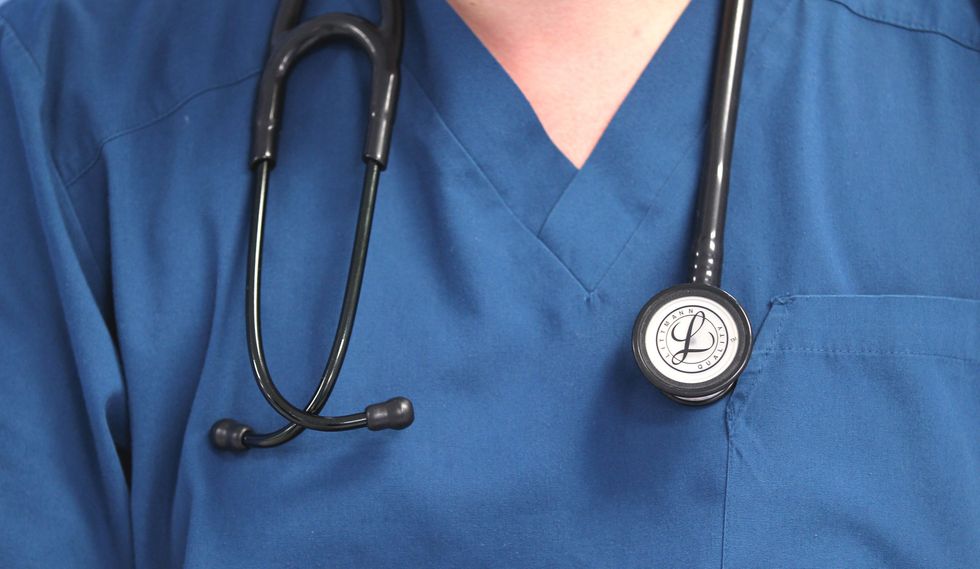Strep A warning to ADULTS: How deadly disease actually becomes more common as you get older

Strep A could be worse in adults as they get older.
Lynne Cameron

Adults have been warned about the threat Strep A poses to them as the number of infections grow across the UK.
Those at increased risk of contracting scarlet fever include parents of school children and those who are often in contact with children.
The virus has killed nine children in recent weeks as cases rise.
On Monday, a primary school student in Belfast passed away after being diagnosed with a severe form of the bacteria.
Despite the disease predominantly affecting children, adults have been warned over the threat it could pose to them.
Group A streptococcus (GAS) is a common bacteria that could lead to a number of infections including tonsillitis, pharyngitis, scarlet fever, impetigo and cellulitis.
Being in close contact with an infected person escalates the risk of contracting it, with coughs, sneezes and wounds being the common ways to pass on.
The most serious infections linked to GAS come from A strep or iGAS.
These infections happen when bacteria enters parts of the body where you would not expect to see it, such as the lungs or bloodstream.
Strep A tends to affect children, but adults have been warned over the risks it poses to them.
Danny Lawson
Severe iGAS infections are uncommon but a rise in cases has been seen in the UK, with necrotising fasciitis, necrotising pneumonia and Steptococcal Toxic Shock Syndrome being the most severe forms of infection.
The NHS reports that groups of adults at risk of iGAS include:
- Are in close contact with someone who has the disease
- Over the age of 65
- Have diabetes, heart disease or cancer
- Have recently had chickenpox
- Have HIV
- Use steroids or other intravenous drugs.
The health service advises pregnant women or those having gynaecology treatments to wash their hands before and after going to the toilet, and doing the same thing regularly if they have a cough or cold,
Data from the UK Health Security Agency shows that in weeks 37 to 46, there were 0.5 iGAS cases per 100,000 amongst the 15-44 age category.
The rate increases to 0.6 for 45 to 64-year-olds, 1.3 for 65 to 74 and 2.4 for 75 and over.